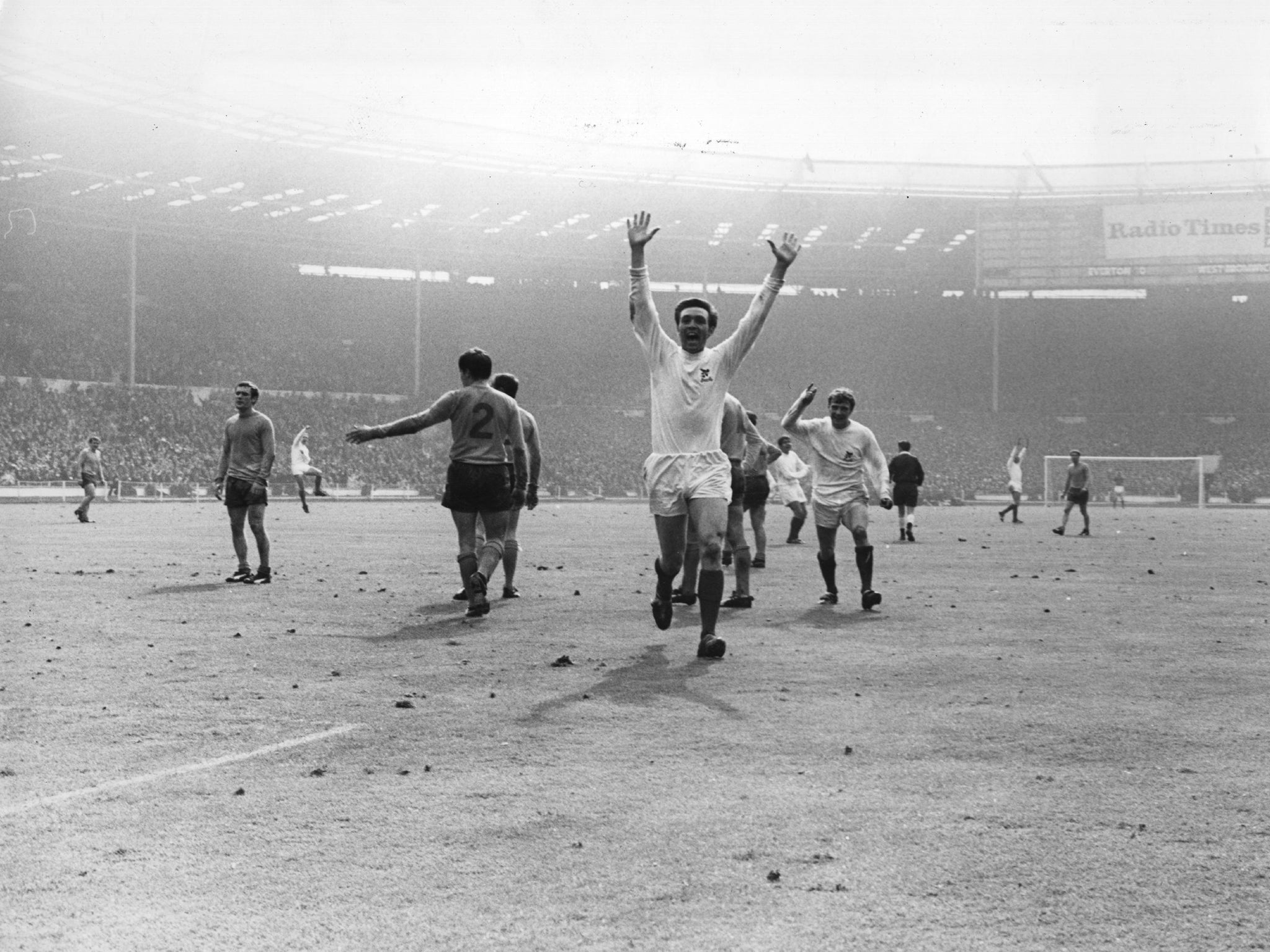Glenn Moore: FA Cup weekend should be a time for clubs to raise their middling ambitions
THE FA CUP DOSSIER

“We’re never going to challenge for Europe, it’s about staying in mid-table.” So said a West Bromwich Albion fan this week, discussing the replacement of Alan Irvine by Tony Pulis. He had a point, but on hearing him the heart sank. What a poverty of ambition.
And that Albion fan is not alone. Not only does his chairman, Jeremy Peace, appear to think the same way, so do the fans, managers and owners of most Premier League clubs. All but a narrow elite of five or six top-flight teams are concerned only with staying in it, and one wonders when this will become a problem for the competition’s power brokers.
At Villa Park on Sunday I watched two of the game’s fabled names play a dull and probably irrelevant goalless draw. Irrelevant because neither side has any prospect of making the top six and neither is likely to go down. Sunderland, admittedly, had a very narrow escape last year, but that was brought on by the chaos of Paolo Di Canio’s reign and they would have returned soon enough. Relegated eight times in their history, Sunderland have never taken more than six seasons to bounce back and have recovered within two from their three Premier League relegations.
Sunderland and Aston Villa are not exceptional. Everton and Newcastle United have similar storied histories and equally miserly prospects. Though Tottenham Hotspur can be marginally more ambitious, their last title was in 1961. Then there are West Ham United, Southampton, Leicester City and West Bromwich, clubs of solid pedigree but destined, like Crystal Palace and Queen’s Park Rangers, to yo-yo from top flight to Championship. The owners of these clubs are haunted by the spectres of Nottingham Forest, Leeds United and Ipswich Town, Derby County and the Sheffield clubs, all former champions, some once feared across Europe, but now below stairs in the Football League.
Yet in reality the Baggies, Toffees, Magpies and such are marking time. West Ham at least have the dream of a wealth-generating Olympic Stadium to sustain them; the rest wait for their ship, in the form of a billionaire oligarch or sovereign wealth fund, to come sailing in. In the meantime Mike Ashley, Randy Lerner, Peace and the rest try to spend enough to keep their club in the top flight, but not so much that they risk following Leeds, Ipswich and Sheffield Wednesday into administration or penury.
It is a remarkable fact that of the 20 Premier League clubs, supposedly the nation’s best, half have not won a major trophy (the three main domestic honours or a European cup) for 35 years. Which means only their middle-aged supporters can remember it. Even Everton and Villa have to go back to the mid-1990s to recall lifting silverware.
This is largely because of the increasing concentration of wealth, and thus success, in a handful of clubs. Since the Premier League era began in 1992-93 there have been 66 domestic trophies at stake. Manchester United (20), Chelsea (12) and Arsenal (10) have won nearly two-thirds of them, Liverpool (six) and Manchester City (four, all in the last four seasons) another 10.
This is not unique. Similar statistics can be produced in Germany, Italy and Spain. In those countries, however, cup success has been spread more widely. That may reflect the importance of the FA Cup to English audiences, forcing the big clubs to take it more seriously. It may also, however, be a result of Premier League managers downgrading the cups to focus on preserving their Premier League status.
The ruined Christmases of Irvine and Neil Warnock are testament to the fear of relegation that stalks Premier League boardrooms and one can understand managers of vulnerable clubs fielding weakened sides this weekend after such a hectic holiday programme. But for Villa and Sunderland, Everton and Newcastle, West Ham, Southampton, Swansea and Stoke, why not have a go? Will a Cup run really imperil their league status? The last two have never won the FA Cup while of the others only Everton, under Joe Royle in 1995, have done so since 1980.
Most of these teams last won the pot so long ago the cult of the manager had not developed, but Bob Stokoe and Lawrie McMenemy are legends on Wearside and the Solent respectively, while West Bromwich’s match-day programme on Boxing Day underlined just how revered their FA Cup winners of 1968 are.
This season, after a few early surprises, the Premier League table is taking a familiar shape. Substitute Everton for West Ham and the top eight are the same. Southampton continue to defy financial gravity but few expect them to be in the top four come May.
The Capital One Cup, barring Nigel Clough overseeing a miracle at Sheffield United to match anything his father achieved, will be won by Chelsea, Tottenham or Liverpool.
Which leaves the FA Cup, which the big boys join this weekend. Already the managerial talk is of rotation, of resting players, of giving others a chance to stake their claim. But Paul Lambert, Gus Poyet and the rest should be trying to win the pot, to make themselves and their players legends.
To paraphrase Danny Blanchflower, the game is about glory, about doing things in style, with a flourish, not aiming for mid-table mediocrity.
Subscribe to Independent Premium to bookmark this article
Want to bookmark your favourite articles and stories to read or reference later? Start your Independent Premium subscription today.

Join our commenting forum
Join thought-provoking conversations, follow other Independent readers and see their replies